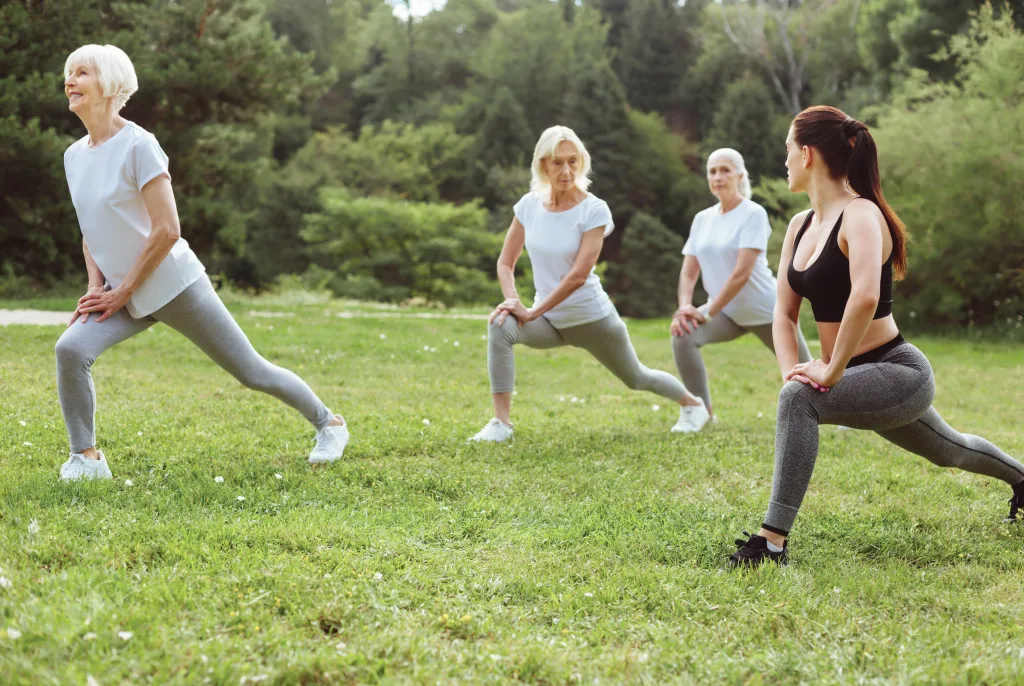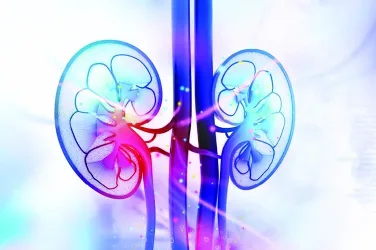
Courtesy: Family Features
Sometimes living a healthy lifestyle can feel impossible when combined with all your other responsibilities, such as working full-time, caring for family and friends, or spending time in the gym. Add dealing with an underlying health condition, and it may seem almost overwhelming.
For example, a condition such as urinary incontinence is a common problem that is often difficult to manage and can range from a light leak while coughing or sneezing to even greater loss of bladder control.
Almost two-thirds of U.S. women over the age of 20 will experience leaking, according to the experts at FitRight Fresh Start. While stress, aging, and obesity can cause incontinence, certain health events unique to women, such as pregnancy, childbirth, and menopause, can also cause problems with the muscles and nerves that help control your bladder.
Consider these healthy lifestyle changes to help combat issues like urinary incontinence:
Focus on Fluid Intake
While it may seem counterintuitive when dealing with certain conditions, it’s essential to hydrate appropriately. Drinking too infrequently can cause other issues like dehydration. To avoid frequent or urgent needs to urinate, the Mayo Clinic recommends drinking smaller amounts throughout the day, such as 16 ounces with each meal and 8 ounces between meals. If you find yourself waking multiple times at night to urinate, try drinking more of your fluids in the morning and afternoon rather than in the evening, and avoid alcohol and beverages with caffeine like coffee, tea, and soda.
Make Dietary Modifications
The things you eat can have an impact on your condition — both positively and negatively. For example, alcohol, spicy foods, chocolate, artificial sweeteners, caffeinated, carbonated, and citrus beverages, and high-acid foods, like citrus and tomatoes, may contribute to bladder irritation, according to the National Institutes of Health. On the other hand, consider incorporating blueberries, green beans, cauliflower, winter squash, sea bass, eggs or egg whites, whole grains, and nuts, which are considered good for bladder health.
Manage Bladder Leaks
Changing day-to-day habits may improve bladder control, but for those with leaks, it’s important to manage the condition rather than letting it disrupt or define them. One way to do that is to choose products that allow you to live life to the fullest.
For example, created for women by women, FitRight Fresh Start offers a range of products, including discreet underwear, surface protectors, liners, and pads that fit close to your body and smoothly under your clothes.
Maintain a Healthy Weight and Stay Active
Two factors of nearly every healthy lifestyle include overall body strength and weight loss, which can be improved by increasing physical activity. Seek out exercises you enjoy so you can get physical while having fun. Aim for 30 minutes daily of low-impact activities such as brisk walking, biking, or swimming.
Stop Smoking
As a habit that can be detrimental to overall health, smokers are also more likely to suffer more severe symptoms from a variety of conditions, according to the Mayo Clinic. For instance, heavy smokers may also develop a chronic cough, which could cause pressure on the bladder, further aggravating urinary incontinence.
Understanding Urinary Incontinence
Strong urges: That overwhelming need to use the restroom right away is known as urge incontinence, which frequently involves some level of unwelcome, involuntary leakage.
Stress and pressure: This is the type of incontinence many people experience and hate when they leak a little (or sometimes a lot) simply because a tiny sneeze or good laugh puts extra pressure on the bladder. Jumping and heavy lifting are also causes.
Ongoing overflow: If it feels like your bladder is never empty and you feel a slow, continuous drip, you’re experiencing overflow incontinence.
Common Causes of Urinary Incontinence
Motherhood: Carrying a bundle of joy inside your body for nine months and then giving birth is bound to put pressure on your pelvic floor muscles, which don’t always bounce back, especially after multiple births.
Menopause: Leaks can begin in perimenopause before you stop having periods, usually in your 40s or 50s. As hormones shift, lower estrogen levels can lead to less elastic, weaker pelvic floor muscles.
Medical issues: Health conditions like diabetes, nerve or joint conditions, urinary tract infections, and obesity can also cause bladder leaks, as can physical limitations that inhibit one’s ability to get to the bathroom on time.
Find more savvy tips to slow urinary incontinence at FitRightFreshStart.com.
Read more about bladder health HERE on LivingMagazine.net











